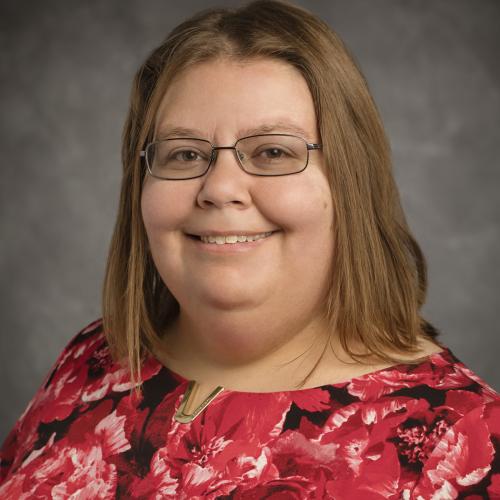According to Assistant Professor Jodi Schneider, a silver lining of the pandemic is that it has brought attention to the retraction of scientific publications. Schneider's project, "Reducing the Inadvertent Spread of Retracted Science: Shaping a Research and Implementation Agenda," has also brought attention to the problem of retracted research, resulting in a recent report with recommendations. The project, which was supported by a grant from the Alfred P. Sloan Foundation, brought together a variety of stakeholders, including funders, editors, peer reviewers, authors, and publishers.
"The recommendations resulting from this project are actionable steps to reduce the inadvertent spread of retracted science and address the complexities of retracted research throughout the scholarly communications ecosystem," said Schneider. "Researchers have been analyzing citation of retracted papers for 30 years, but as far as I know, my project is the first to investigate what to do about the spread of retraction from an ecosystem perspective."
The report recommends the following actions to reduce the spread of retracted research:
- Develop a systematic cross-industry approach to ensure the public availability of consistent, standardized, interoperable, and timely information about retractions.
- Recommend a taxonomy of retraction categories/classifications and corresponding retraction metadata that can be adopted by all stakeholders.
- Develop best practices for coordinating the retraction process to enable timely, fair, and unbiased outcomes.
- Educate stakeholders about publication correction processes, including retraction, and about pre-and post-publication stewardship of the scholarly record.
Schneider hosted an online workshop in fall 2020 to interview stakeholders. She found interacting with publishing industry professionals to be particularly valuable to her research.
"I've been studying scholarly communication for 15 years, but I've never worked for a publishing house, so I learned a lot about the experience of publishers and editors and the challenges they face," she said. "They have an essential contribution to make in reducing inadvertent citation to retracted papers."
Schneider studies the science of science through the lens of arguments, evidence, and persuasion. The goal of her research is to advance our understanding of scientific communication in order to better support tools and strategies managing information overload in science. Prior to joining the iSchool, Schneider served as a postdoctoral scholar at the National Library of Medicine, University of Pittsburgh, and INRIA, the national French Computer Science Research Institute.
